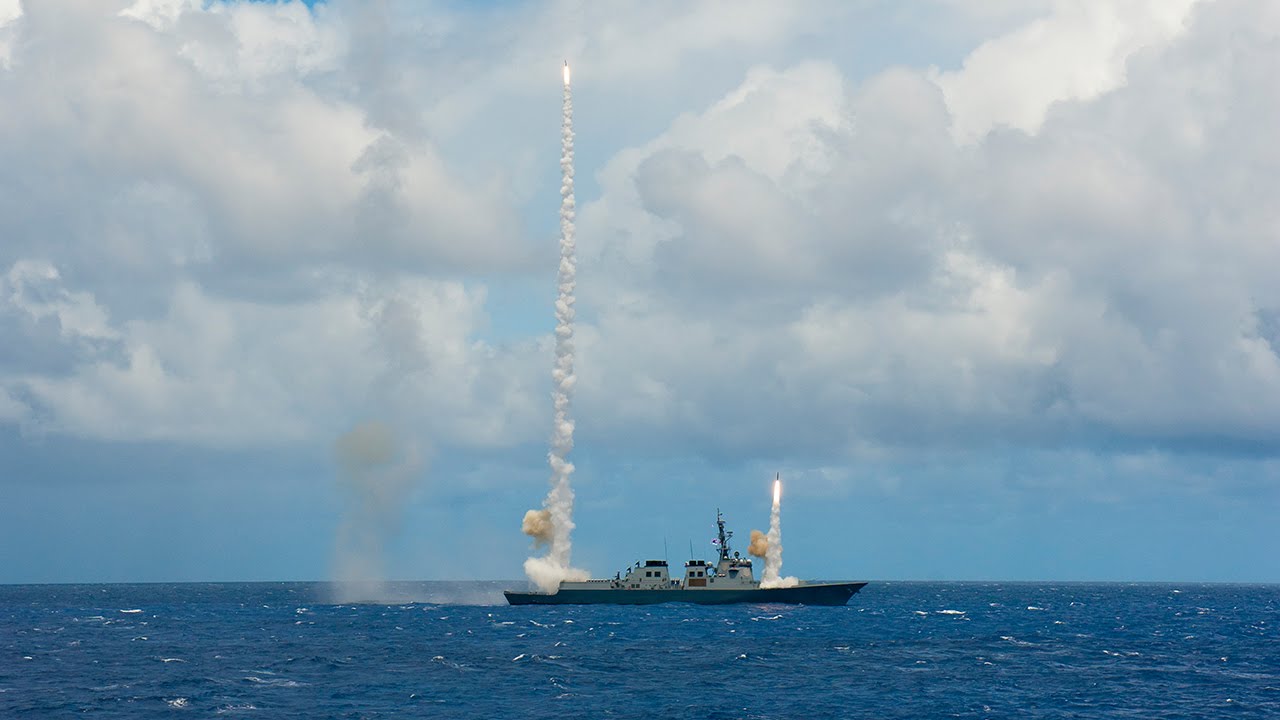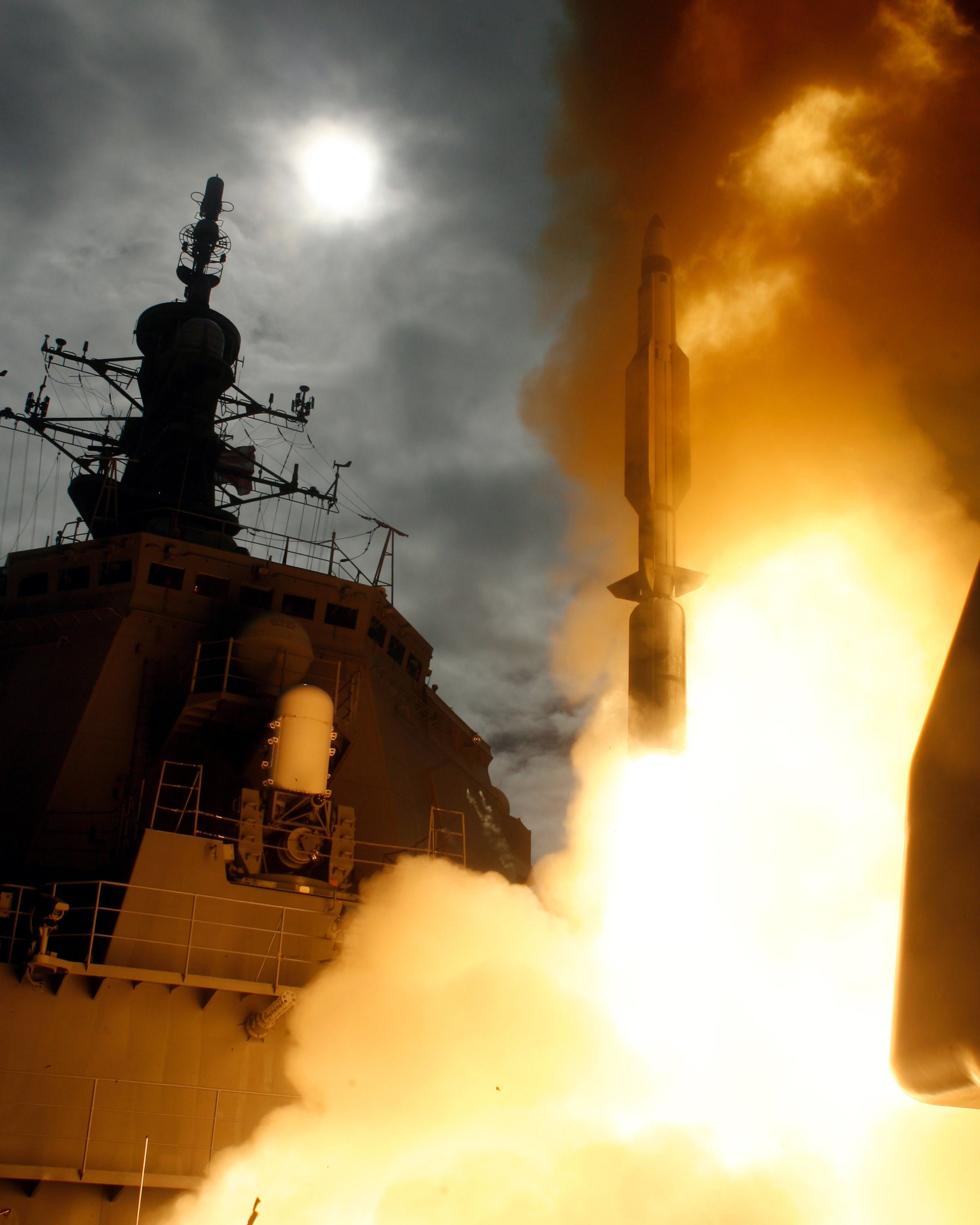
North Korea’s recent provocations are prompting Washington, Tokyo and Seoul to rethink how to deter Pyongyang’s nuclear power ambition with the help of China, experts on Asian defense policy said on Tuesday.
Abraham Denmark, director of the Asia program at the Woodrow Wilson International Center for Scholars, said President Donald Trump’s tweet saying he was giving the go-ahead to South Korea and Japan to buy “highly sophisticated military equipment” from the United States could start with enhanced and integrated missile defense systems and trilateral major military exercises.
I am allowing Japan & South Korea to buy a substantially increased amount of highly sophisticated military equipment from the United States.
— Donald J. Trump (@realDonaldTrump) September 5, 2017
In answer to a question at a forum on Korea at the Center for Strategic and International Studies, Denmark said, “we’ve had some baby steps” in the past in integrating missile defenses but little more.
South Korea and Japanese destroyers are in the process of expanding their ballistic missile defense capabilities with systems that could easily integrate into the Navy’s emerging Naval Integrated Fire Control Counter Air construct.
Starting small with exercises would be a way to build confidence among the three. Tabletop exercises could be the entry-points to larger trilateral exercises involving ground, air and naval forces, Denmark said.
Choi Kang, vice president of the Asian Institute for Policy Studies in Seoul, said tabletop exercises were key “to see where we can go, where we can’t.”
As for China, Michael Pillsbury, director of the Center for Chinese Strategy at the Hudson Institute, said, “The level of cooperation with China has been very high” for the past 40 years on military-security issues, and some in “China may see trilateral exercises as a stab in the back.”
Describing himself as a “friend of the Trump administration,” Pillsbury said in his opening remarks a number of Chinese leaders are conspiracy theorists who see even the Terminal High Altitude Area Defense system “as part of a larger American plot” to encircle Beijing. He said that belief lingers even after the United States shows them the system’s controls and the ranges of its missiles.
China, so far, has remained wary of imposing new tougher economic sanctions through the U.N. Security Council on North Korea following Sunday’s test. North Korea’s largest trading partner is China and relies heavily on it for coal to fuel its industries.
Saying “there should be no daylight between the United States and Korea” when it comes to dealing with Kim Jong Un’s regime, Choi added such an integrated missile defense system is “sometimes very controversial” on the peninsula as well as in Japan. Until the most recent rounds of North Korean missile and weapons testing, even the deployment of THAAD was politically sensitive to South Koreans.
Complicating integration efforts, all three allies remain leery of sharing military secrets and technology with each other, Pillsbury said.
Yoon Young-Kwan, a former minister of foreign affairs in Korea, said, “Our goal is a policy change,” instead of cornering North Korea at this time of heightened tensions. He said Korean President Moon Jae-in “is definitely not an appeaser” when it comes to dealing with military provocations from the north.
Although the test of a possible hydrogen weapon capable of being carried on an intercontinental missile came as something a surprise, Denmark said, “The first challenge is deterrence, conventional deterrence, not strategic deterrence.”
The former Defense Department official in the administration of President Barack Obama said, the United States’ “strategic deterrence remains quite robust,” and “that message needs to be sent to our allies” in Asia and Europe.

Choi, citing Pyongyang’s artillery strikes on islands claimed by Seoul as examples of increasing aggressiveness, said security gaps in submarines and minesweeping needed to be closed to bolster conventional deterrence.
Yoon and others said the three nations needed to be more pro-active than reactive in dealing with Kim, and they need to be clear what their goals are. “If we send confusing signals, there will be an increasing chance of misunderstanding.” The idea is: “We should provide maximum pressure and maximum incentive” so Kim understands his regime can survive without nuclear weapons.
He added in Pyongyang’s view the 1994 agreement between the United States and North Korea on freezing its nuclear weapons program promised economic incentives but they were never delivered.
A small step in that direction could come in sending medical supplies to North Korea, Yoon suggested.
“We have not really done a real net assessment with Korea; we have not done a real net assessment with Japan” over the current military balance in Asia. The time to make that assessment is now and “do it as a trilateral,” Pillsbury said.

“Who really understands the military balance between Japan, who really understands the military balance between Korea, whether they fight separately, whether they fight together.” it also means settling command and control issues that would exist if war broke out on the peninsula.
He added, “My fear is it is getting worse” opening new questions about again placing tactical nuclear weapons on the peninsula, or further developing Seoul’s uranium enrichment capabilities or its testing and fielding of longer-range missiles.
Yoon and Choi said Trump administration needs to assure South Korea it is not “passing over” Seoul in dealing with China by agreeing to a freeze on military exercises or a pullout of American troops and airmen to contain North Korea.





